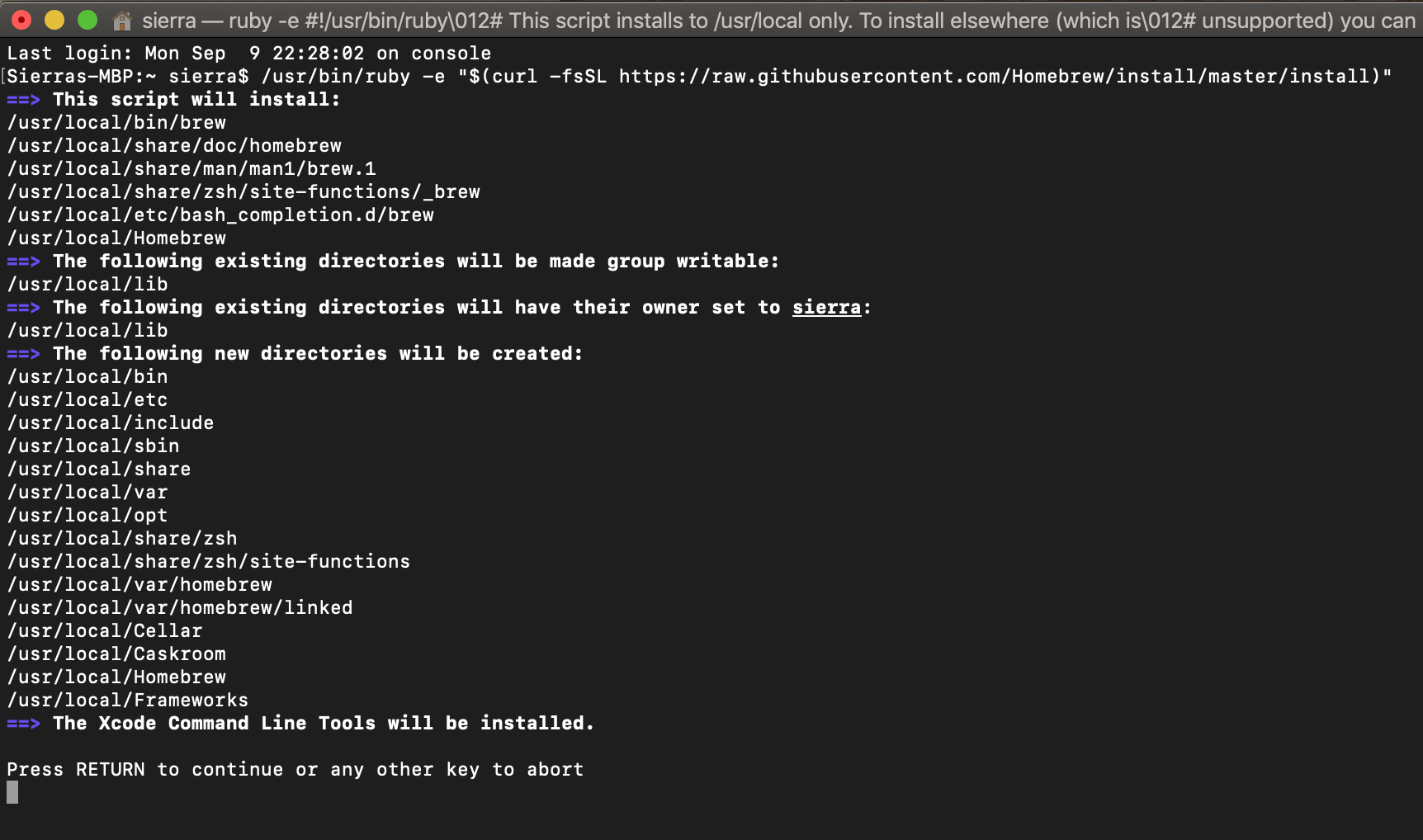



sudo chown root:root /usr/bin/chromedriver.sudo mv chromedriver /usr/bin/chromedriver.Move and adjust permissions for chromedrive (Yes, you must do this). right click > Copy Link Address for chromedrive_linu圆4.zipĭownload the chromedriver to your remote machine.You should now be on a page that looks like this:.You may have a later vesion of Chrome when reading this.Since mine is 87, I clicked the link that says "If you are using Chrome version 87, please download ChromeDriver.On your local machine, go to to get the link for the chrome driver for your installed version of Chrome on the remote machine.If you receive error Unable to open X display.sudo dpkg -i google-chrome-stable_current_b.wget -version skip to next step if you get a version number.In the terminal on your remote machine, update the package index.You also need a way to run python3 code on your remote machine to test your installations. Almost all of the commands below are executed on the remote machine, except for where we get the link location to the chromedriver that we want. I SSH from my Mac running OS 11.01.1 Big Sur to a Digital Ocean droplet that I pay $5/month for. Some assumptions before we get started, make sure that you can SSH into your VPS and that you have root access. Basically, how do you install Chrome and the chromedriver for Selenium without a GUI? This presented a challenge to me since everything on the remote machine must be accomplished through command line. perform tasks hourly or daily on Instagram or LinkedIn).

The reason I want to do this is so that I can run my Python Selenium scripts from my virtual private server on a recurrent schedule (i.e. This is a guide to getting Selenium and headless (browser-less) Chrome set up on a remote machine (I use a Virtual Private Serve through Digital Ocean). No GUI setup guide to run selenium python scripts using chromedriver on a virtual private server (Digital Ocean)


 0 kommentar(er)
0 kommentar(er)
